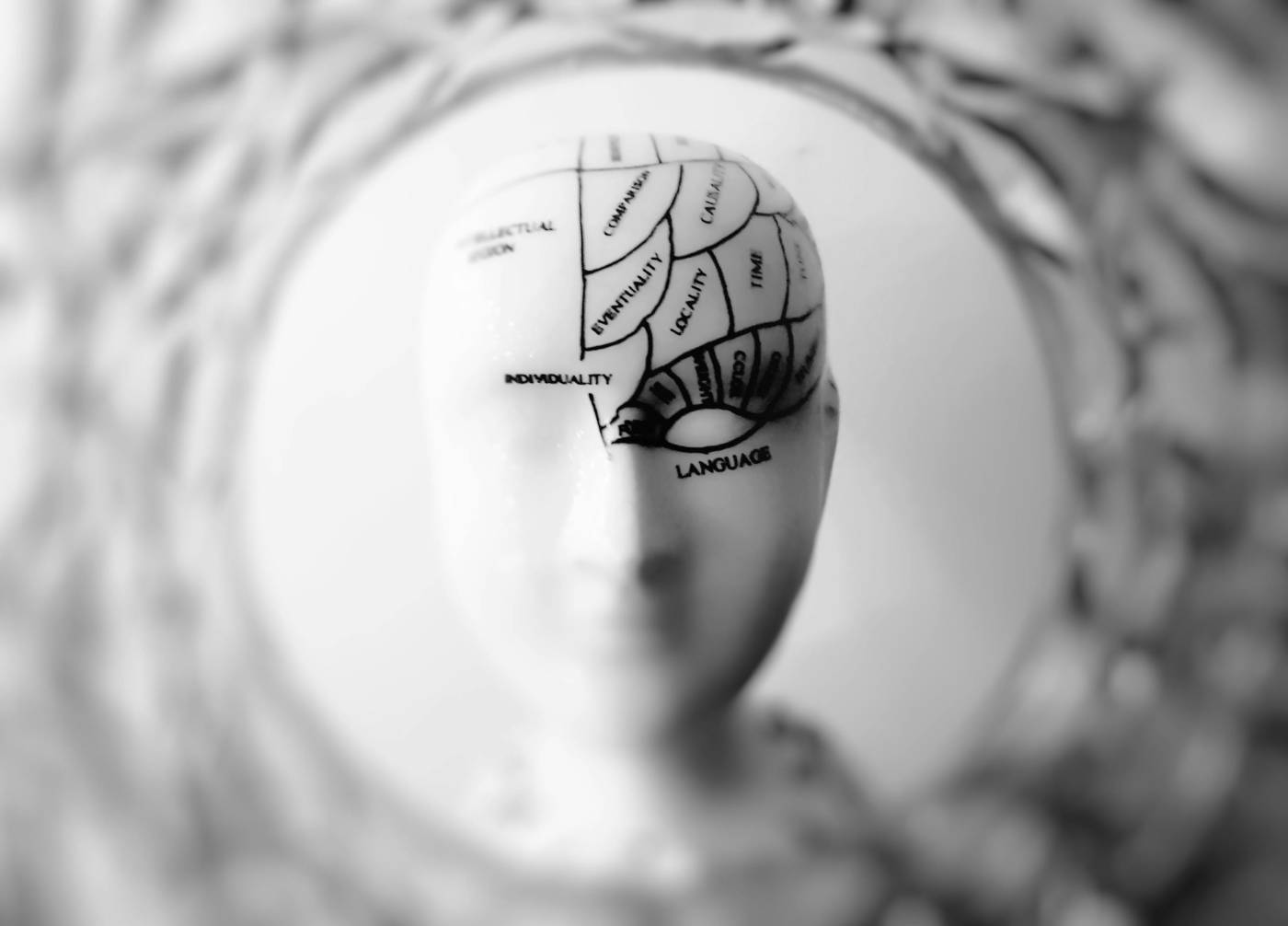Alcohol reacts to your body the very moment you take your first sip. However, the effects on the body vary from one person to another.
It’s easy for some people to control their drinking and draw their balance between being alcoholic and sober. While for others, it’s difficult to control their alcohol consumption. An occasional wine isn’t a concern, but over-drinking may take your life at toll.
If you’re choosing sobriety and trying to recovery, things can be intimidating. A common concern is how to explain your sobriety to your friends and family.
How do you join a dinner/party with your loved ones without getting high? How do you turn down a drink? Why can’t you enjoy a drink for the sake of night? You keep hearing these questions, but how do you overcome these urges and help people understand your decision.
However, there are several ways to handle this situation. Here are some of my go-to ways to explain your sobriety.
1. "I don't like how I feel after I drink."

This is something that you realize after several alcoholic incidents in your life. For a moment, alcohol takes control of your life, movements, and decisions. Often, we switch to drink after a bad day, a stressful work-life environment, or a tranquil escape from daily struggles. These situations push you to go extreme in your behavior, and you tend to lose balance. Alcohol makes you do kinds of stuff that you regret later.
Can you stay calm when your brain is turning into an uncontrollable freak? Do you like the person you’re turning into after finishing those shots? We get it! Alcohol is damaging your self-perception. It’s time for you to love yourself again.
2. "It's a personal choice."
Sometimes, you don’t have to look for an answer on Wikipedia. It is as simple as saying- “It’s a personal choice.” You find different types of people in an event. Some people may understand your decision while others will get digging for more. Will they stop after this? The choice is up to you whether you want to delve into explanation or leave the question alone.
3. "I'm recovering."
No matter how much you avoid this question, the dilemma of being sobriety that people will have problems when you don’t have a champagne glass to toast at a wedding party. Things got weird.
Wrap up the question by being honest. Tell them you suffered from alcoholism, and you’re choosing sobriety to bring positive change in your life. People tend to accept it and end their grilling. Share your alcohol history with your family members and surprise them with your choices. Explain to them how you choose sobriety. Sure, there are questions, but this is out of curiosity. Encourage yourself to be honest with your family, and it will take time, and it is understandable.
4. "I'll be driving home today."
Do you know- when the partygoers are drunk, all they look for a sober cab. We all have been there. If you’re not ready to reveal the details. Tell them you’re driving home today, and you are the one who’ll be responsible for driving people home. People will respect your decision and avoid making it a big deal and go into more in-depth details. The chances are that you might get a few free-riders, but you might avoid those frustrating questions.
5. "I am on medications"
The point is here not lying so you can use this reason to prevent those drinking offers. There are medications with specific warnings on alcohol consumption. For instance, if you mix antidepressants with drinking, there might be a change in your behavior. Things might go unpredictable for you.
This can be your primary reason for a simple answer to turn down drinks. You don’t have to talk about the details. People understand the possible dangers of mixing medications with drugs/alcohol and will respect your answer.
6. "Alcohol is not my answer."
Do you pour a glass of wine after a long, hard day at work? A rare event can turn into a common way to find peace in alcohol. Is alcohol your answer to release stress? Does mixing chemicals work for your brain? It is hard to find a solution to your stressful lifestyle, but as far as I know, alcohol is not the right answer.
When offered a drink, you can say- “I’ve tried drinks quite a few times. But it never worked out for me. I might have one and end up wanting more. It’s difficult to come back from that road.” For me, I always explain how alcohol negatively affected my life and didn’t improve any of it. People accept this answer as you’re trying to better your life and get busy with their business.
7. "It's none of your business."
Do you think that you need to explain to everyone your sobriety? Sometimes you must ignore questions and say that it is not your business to worry about. You don’t feel like drinking tonight, and honestly, you don’t owe an explanation to their visitors. To help your family to understand your sobriety and take recovery questions one honest answer at a time. The situation might go awkward, but sometimes you need to go for it.
Before you divulge in any explanation, ask yourself, are you comfortable sharing your reason with the people. Ask yourself- is it the right time to defend? I understand, going sober in a culture where alcohol is essential can be tough for you in the beginning. It takes time for you to come in peace with your sobriety and adjust to your current hustle. No matter what ways or reasons you pick believe in healing. Because this is your life, and you’re the narrator. Be the change.




